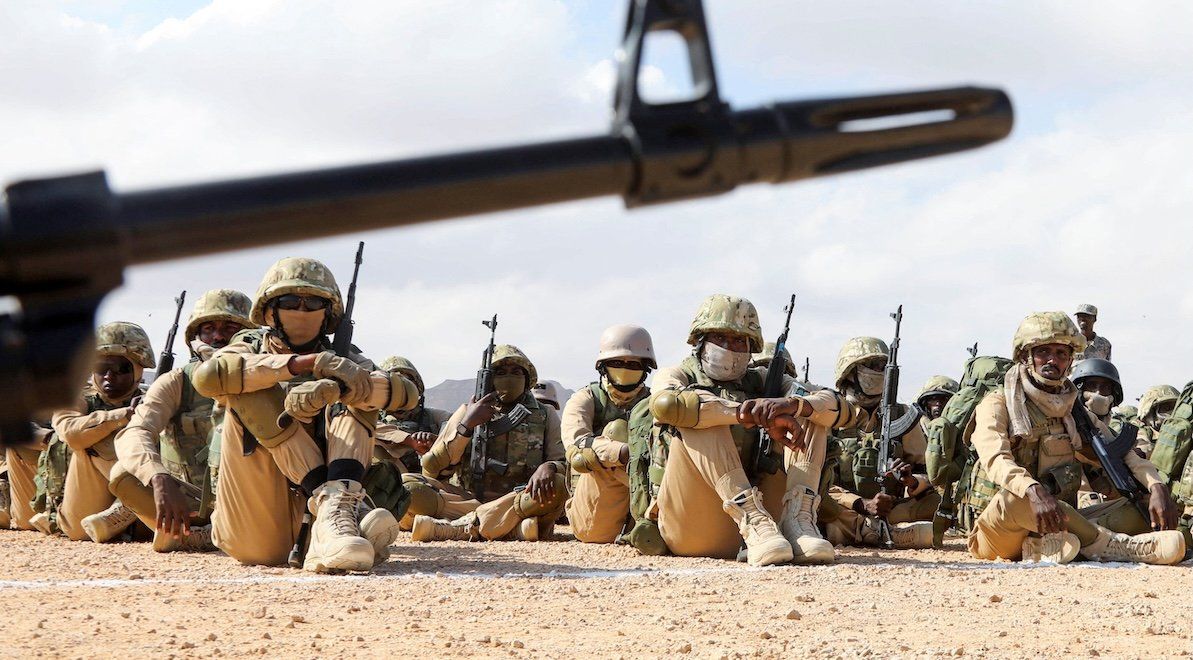US
airstrikes in Somalia’s northern Puntland region have reportedly killed key figures in the Islamic State group, aka IS. US President
Donald Trump announced the strikes in the Golis mountains on Truth Social Saturday. “These killers, who we found hiding in caves, threatened the United States and our Allies … The strikes destroyed the caves they live in, and killed many terrorists without, in any way, harming civilians,” he
wrote.
In a post on X, Somali President Hassan Sheikh Mohamud thanked Trump for “the unwavering support of the United States in our shared fight against terrorism … Your bold and decisive leadership, Mr. President, in counterterrorism efforts is highly valued and welcomed in Somalia.”
Puntland Security Forces have been carrying out operations against IS since December. While less active than the al-Qaida-linked al-Shabab, Somali officials have reported increased IS activity in recent months, with hundreds of fighters operating in the Cal Miskaad Mountains. IS in Somalia is led by
Abdul Qadir Mumin, a Puntland native with ties to the global IS network. Analysts suggest his survival in past US strikes had bolstered his status within the group.
